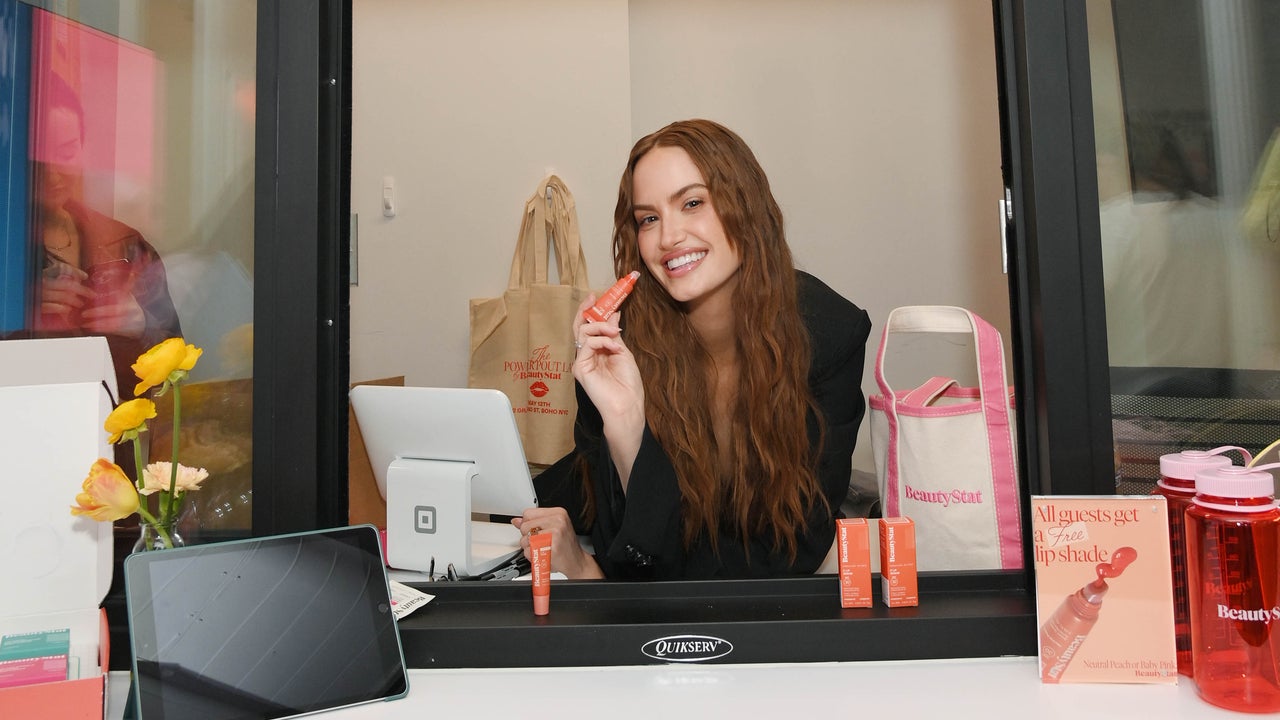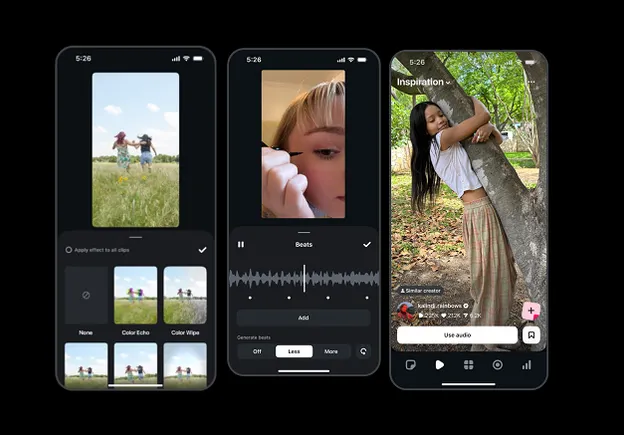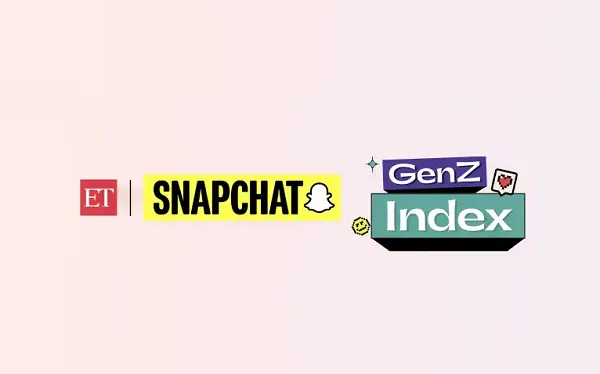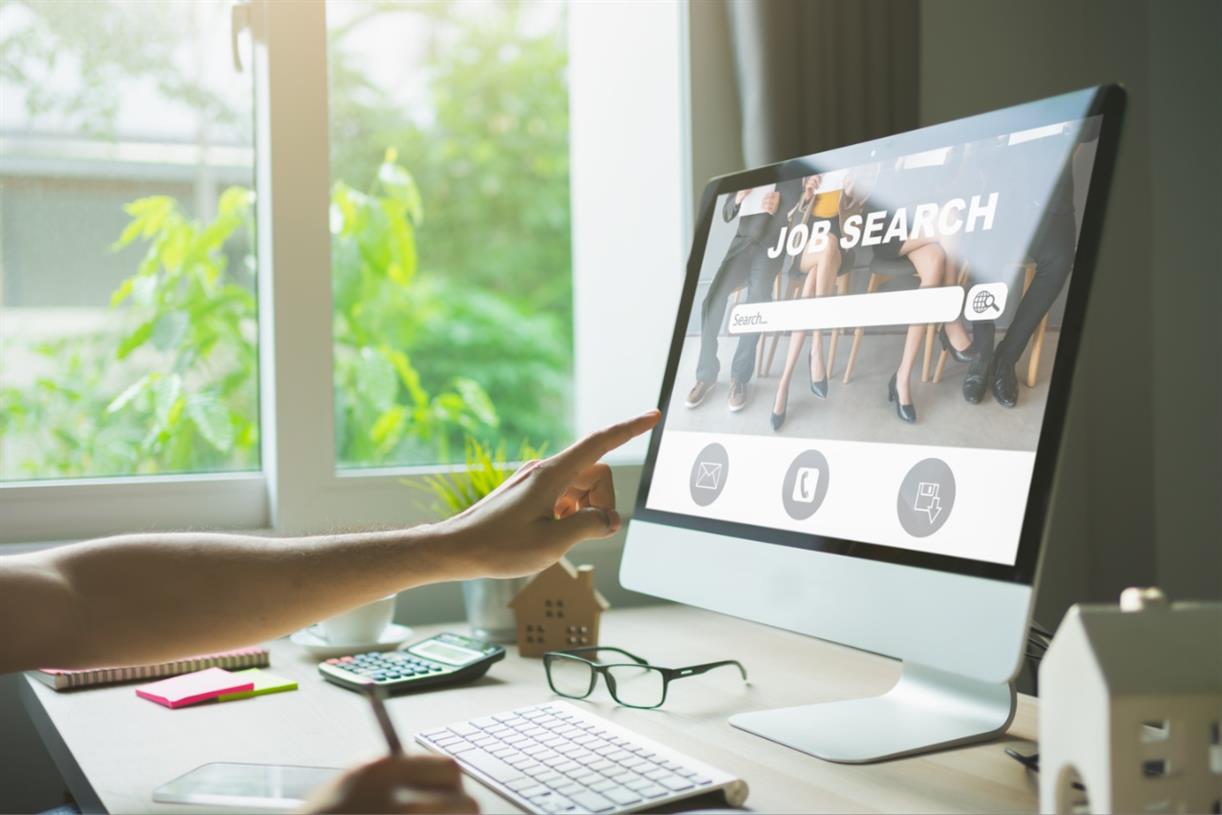Alexa is the best frenemy I’ve ever had
Illustration by Cath Virginia / The VergeBefore I received my first Alexa-enabled smart display as a Christmas gift in 2019, I was not a big fan. I just didn’t feel like I could trust an Amazon device with a...
/cdn.vox-cdn.com/uploads/chorus_asset/file/24922568/236776_alexa_echo_accessibility_illustration_final_v3_cvirginia.png)
Before I received my first Alexa-enabled smart display as a Christmas gift in 2019, I was not a big fan. I just didn’t feel like I could trust an Amazon device with a camera inside of it. I’d heard about all the privacy concerns, and I was determined to avoid it like the plague.
But then a plague really did happen — and right when my mom got sick. And then, suddenly, this device I was once suspicious of became a vital part of our support system. Those people Amazon always claim love Alexa? I somehow suddenly found myself becoming one of them.
To be clear, Mom had been sick for years. Mom has Parkinson’s disease, an incurable neurological disorder that affects everything from mobility to memory. At first, she suffered from a few tremors every now and then, but she was still able to go for a run at the gym. Then the pandemic happened. I don’t know why — maybe it was the stress and isolation of the time — her condition suddenly took a drastic turn for the worse.
The woman who impressed even the diehard gym buffs with her ability to quickly run a mile was suddenly unable to walk longer than ten minutes.
Thankfully, there are medications the doctors prescribed to help her manage the condition, which allows her to walk for a little longer. Side effects — like high blood pressure — were the tradeoff. Shortly after the stay-at-home order went into effect in March 2020, she was hospitalized for a hypertensive crisis and nearly had a stroke.
It was the first hospitalization of many more to come during the pandemic. The list of medications began growing at as rapid of a pace as her Parkinson’s symptoms — and the side effects of those meds — intensified.
Each day was getting more overwhelming. I thought it would be years before she would reach this stage in her disease, but it had arrived and during a global pandemic to boot. Suddenly, I was forced into becoming a carer during the most isolated time in modern history.
I didn’t know what I was doing, and I sure as hell had no idea how to cope. It was so hard to see my mom — this strong force of nature, who single-handedly raised three children as a widow with little money — suddenly become so helpless. I was terrified I was going to mess everything up and, as a result, lose her — my best friend and the only parent I have had since my dad died at 7 — too.
We — I — needed support more than ever, but quarantine meant there was nobody who could physically come and help us. And so I turned to Alexa.
I was floored — and, truthfully, secretly thrilled — the first time I realized that Alexa could be helpful for something. A few weeks after Mom’s first hypertensive crisis, she was on the verge of having another one. The pandemic was raging, and I wanted to avoid the hospital as much as I could for fear of exposing her to covid.
She was incredibly weak, and her breathing started to shorten. I tried everything to calm her, but the number on the blood pressure monitor kept shooting up. Desperate to find something to lower her blood pressure and honestly totally lost for what to do, I wildly looked around at anything that could help. My eyes fell on Alexa, and I asked what anybody would do when the world is ending because of a virus and your mom is dangerously sick.
“ALEXA, PLAY FART SOUNDS!!”
And Alexa did. Loud ones, juicy ones, and even “long and crispy” ones (yeah, Alexa names farts). As Alexa exploded into a firework of flatulence, my mom burst out into hysterical laughter, and our worries disappeared. Thirty minutes later, Mom’s blood pressure had dropped to a healthy level.
Ironically, all of Alexa’s farts earned my respect — and gave me a sense of hope. I began to research how else Alexa could help me and slowly began relying on this weird device more and more.
It turns out Alexa offers all kinds of features that are really helpful for the sick and elderly. I started using Alexa to remind my mom when to take her medications. Given the list just kept growing during that time while Mom’s memory started to decline, this helped lighten the load considerably. When I wasn’t around and Mom couldn’t move, I taught Mom how to ask Alexa to turn the lights on.
Over time, we grew comfortable with this thing in our home, and Mom actually started treating it like a beloved pet. Many times, I’d walk in to find my mom laughing at Alexa’s antics or talking to Alexa when she was lonely or down about her disease. To this day, it doesn’t matter how bad of a day I’m having — the sight alone warms my heart and makes me smile.
I’ve now developed a bizarre affection for my Echo Show and Alexa. I’ll never fully trust it — I avoid getting dressed in front of it, for example — but whereas once I treated it with disdain, now it’s easily my favorite gadget in the world. Alexa helped carry me through when I first started really becoming a carer and the reality of what Parkinson’s disease truly is sunk in. During a once-in-a-lifetime pandemic when nobody could be there, Alexa also gave my mom and me companionship and a helping hand.
And, of course, most importantly, an encyclopedic knowledge about farts.

 Koichiko
Koichiko 
































